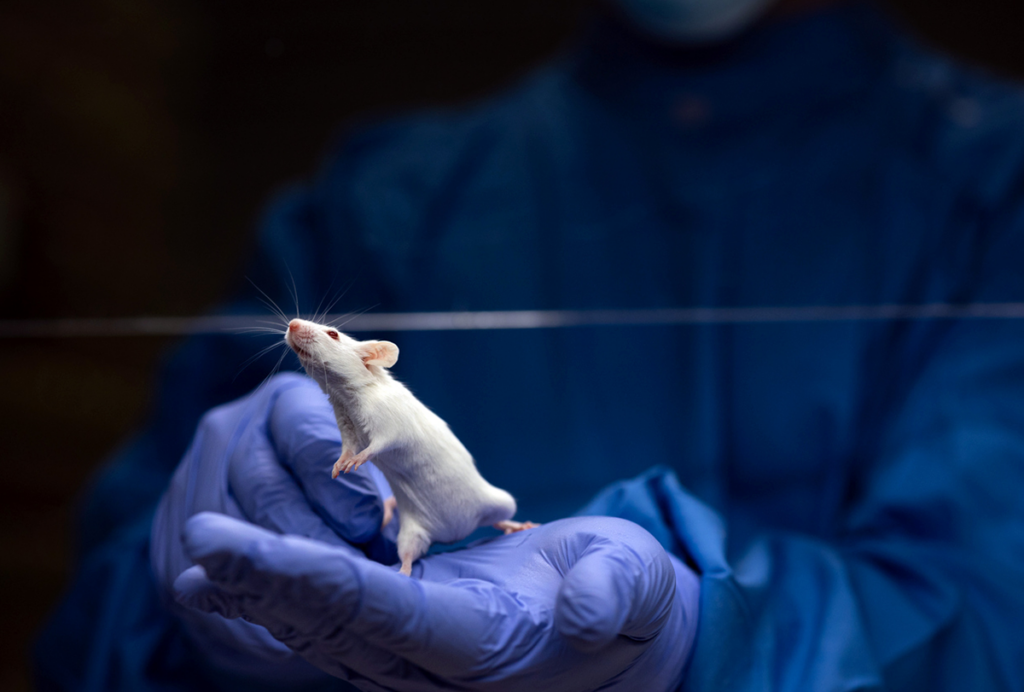This article is more than five years old.
Neuroscience—and science in general—is constantly evolving, so older articles may contain information or theories that have been reevaluated since their original publication date.
The world’s most populous country takes stock of autism, and guinea pigs ease anxiety in children with the disorder.




